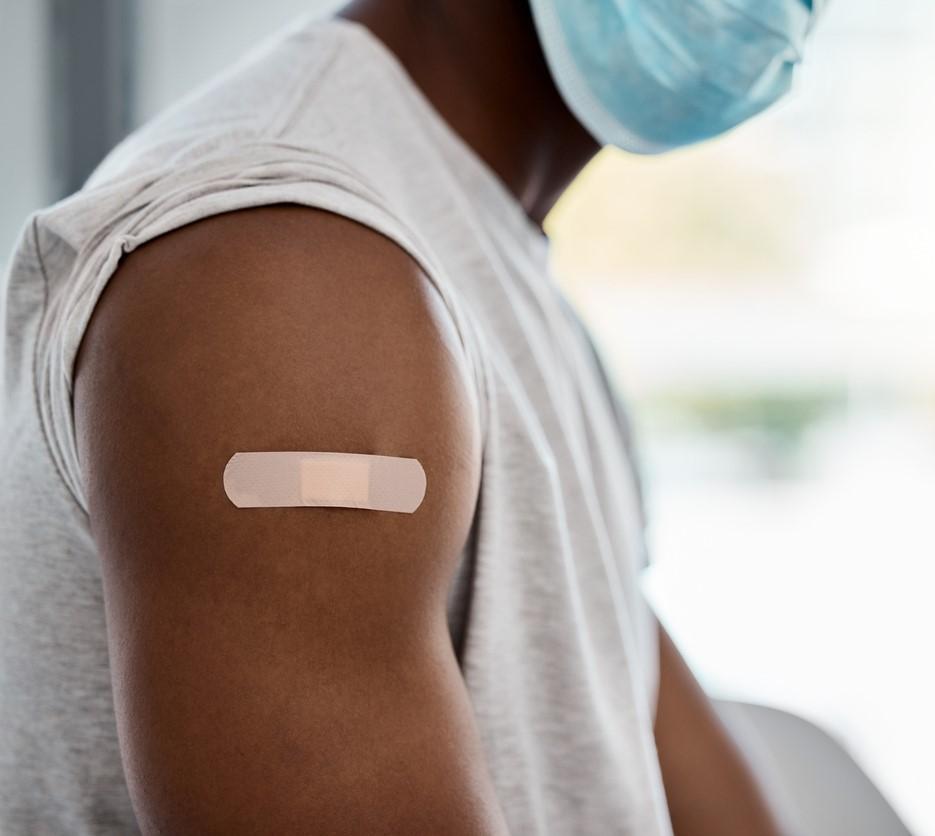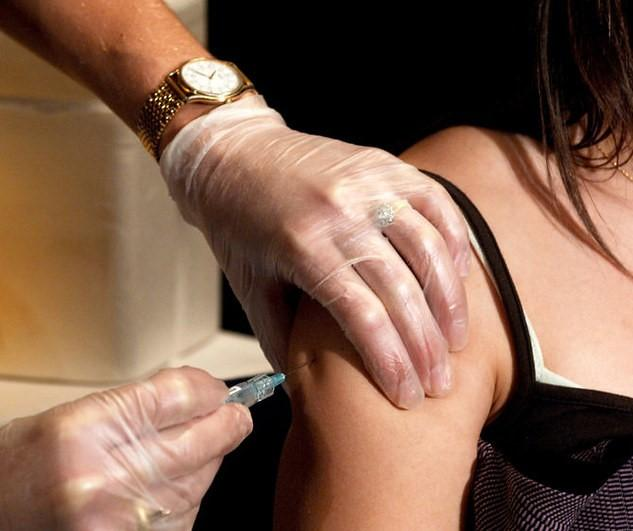
In Florida in 2022, concurrent outbreaks of mpox, hepatitis A, and invasive meningococcal disease (IMD) were noted among men who have sex with men (MSM). A report on the outbreaks, published yesterday in Emerging Infectious Diseases, emphasizes the need to offer vaccination against these diseases among at-risk groups.
The authors explain that the global mpox outbreak arrived in Florida in the summer of 2022, amid ongoing outbreaks of IMD and hepatitis A, which began the previous year. Florida had the fourth-highest rates of mpox in the United States.
From November 1, 2021, to November 30, 2022, Florida health officials recorded 322 hepatitis A cases, of which 153 (48%) met the genotype outbreak case definition. Among the outbreak patients, 95% were male, 5% female, 74% MSM, and 21% had HIV. One death was noted.
Three outbreaks shared timeline
The Florida Department of Health tracked 71 IMD cases during the period, of those, 44 (62%) were classified as outbreak-associated. Among the outbreak patients, 72% were MSM, 34% had HIV, and 20% died.
By the end of November 2022, Florida had recorded 2,845 confirmed or probable mpox cases. Eighty-eight percent were among MSM, and all but 14% were acquired locally. Fifty-two percent of patients were HIV-positive.
The three outbreaks overlapped substantially: Hepatitis A peaked in late March of 2022, IMD in May and June, and mpox in August.
Vaccination against hepatitis A, meningococcal disease, and mpox should be encouraged among MSM.
"We did not identify any instances of the same person being part of both the hepatitis A and IMD outbreaks. However, among mpox cases, 4 patients were also part of the hepatitis A outbreak, and 3 others were part of the IMD outbreak," the authors conclude. "Vaccination against hepatitis A, meningococcal disease, and mpox should be encouraged among MSM, consistent with national guidelines and, where feasible, offered with other program services to the same at-risk population."













